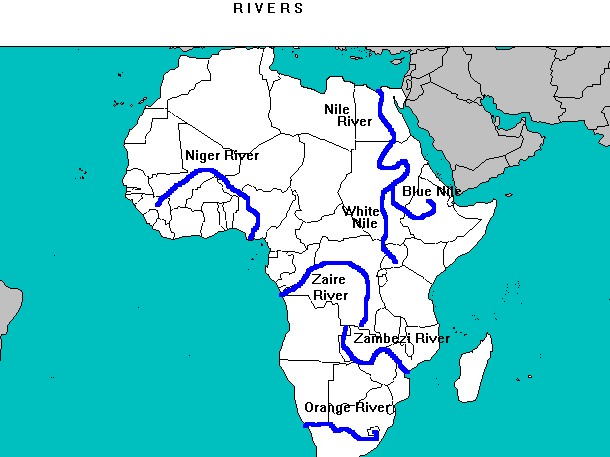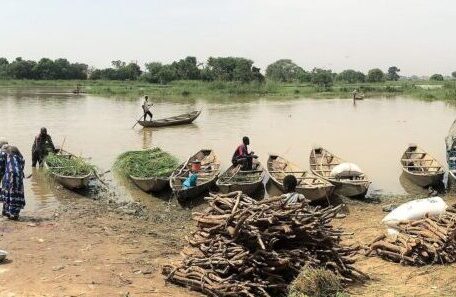“A rescue operation is underway but only 40 been rescued so far Wara said. Many passengers are still unaccounted for.
“Bodies are still being recovered. We can’t ascertain the number for now,” said Yahaya Sarki, a media aide for the governor of Kebbi.
Dozens of people are missing feared dead in Nigeria after a boat carrying about 200 broke in two and sank, officials say.
Most passengers were women and children travelling from neighhouring Niger to the north-western state of Kebbi.
One survivor said about 40 people had been rescued, but it is unlikely that many more survivors will be found.
Local authorities told the BBC that divers and emergency workers were trying to save others.

Five bodies have reportedly been recovered.
“Bodies are still being recovered. We can’t ascertain the number for now,” Yahaya Sarki, a spokesman for the governor of Kebbi, told the Reuters news agency.
Abdullahi Buhari Wara, administrative head of Ngaski district, told the AFP news agency that he blamed the accident on overloading, as the boat was meant to carry no more than 80 passengers.
The boat was also loaded with bags of sand from a gold mine, he said.
Qasimu Umar Wara, a resident of the nearby town of Wara, said that five bodies had been recovered but many more are expected to wash up in the days ahead.
The boat was overloaded, he said: “My brother is among those missing. This is the worst boat accident that has happened in this water.”
Boat accidents along the River Niger are common with overcrowding a major cause, as well as collisions with tree trunks under the water. Read more from BBC
The Niger is the world’s 11th-longest river at 2,590 miles. It is the largest river in western Africa.
The river begins in Guinea and runs east through Benin, Guinea, Mali, Niger, and Nigeria. The source is an almost 90-degree turn south, to the Gulf of Guinea.
One of the main sources of income from the river is oil. The country of Niger is, in fact, a major oil producer.
Irrigation canals spread out from the river, bringing precious water to a sometimes starving delta. Millet and sorghum are grown. Fish in the river also form sources of food for people who live nearby.
Dams are also present on the Niger. One of the largest is the Kainji Dam, at New Bussa. This dam was built both to protect against flooding and for hydroelectric power.





